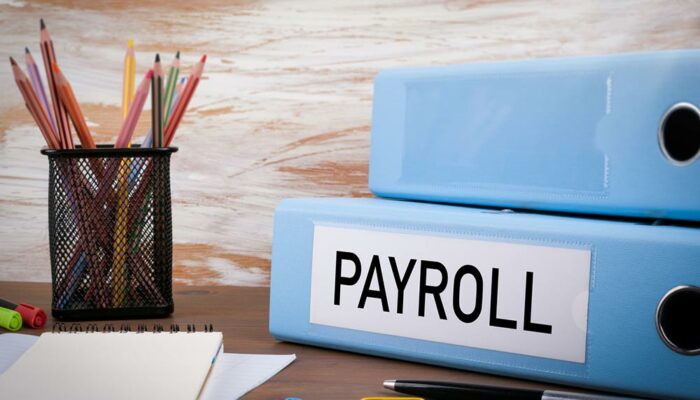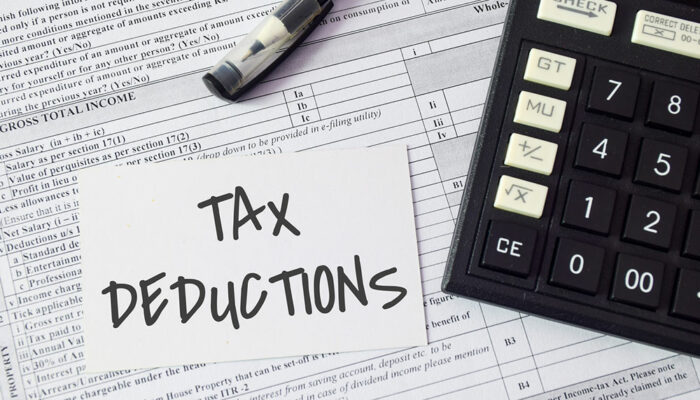
Finance
7 common CD investing mistakes to avoid
Investors looking for a high fixed rate on their savings can consider a Certificate of Deposit (CD). However, note that a CD usually locks up the investor’s funds for a certain period, ranging from a few months to several years. While CD rates offer attractive interest rates of up to 5%, it’s vital to understand that all investments carry some degree of risk. Here are some mistakes to avoid when opening a CD account. Not considering penalties Most certificate of deposit accounts require the investor to hold funds in the account until it matures. So, if one takes out money too soon, they might be subject to an early withdrawal penalty. And like other CD terms, the charges may differ based on the financial institution one picks and the length of the CD’s term. For example, if a CD term is lower than 12 months, the investor might be charged 90 days’ worth of interest or more. Moreover, if the account has not earned enough interest to cover the penalty, some financial institutions may take the difference from the principal balance, causing the individual to lose money. Therefore, before opening a CD, one should make sure they understand the penalties for early withdrawal and avoid committing cash that they may require before the account matures.
Read More 








